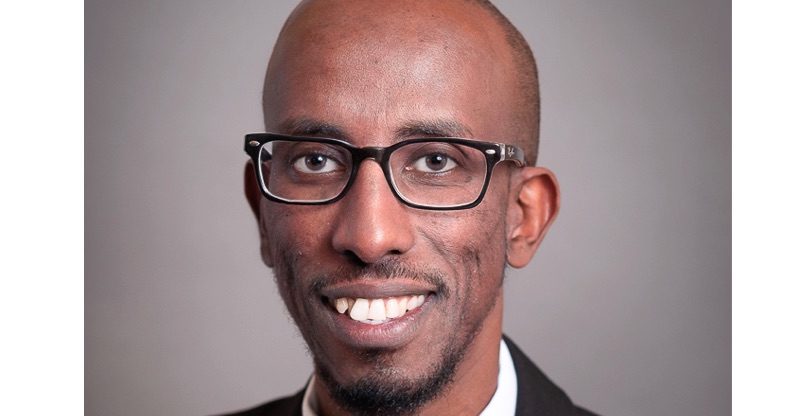Every February, people across the country celebrate the contributions of Black Canadians, both past and present. Black Canada is diverse and Black History Month presents a great opportunity to tell the stories of our unique communities.
From Black Nova Scotians to Caribbean-Canadians, to East-African refugees and first-generation Canadians, we all have a tale to tell.
Regardless of our individual experiences and achievements, anti-Black racism continues to create poorer outcomes for Black communities across the country and we need to work together to build communities that are stronger, healthier and work for everyone.
Persons of African descent have a long history in the city of Victoria and have contributed in civic, economic and cultural areas for 150-plus years. Mifflin Wistar Gibbs, who immigrated to Canada from America, became the first Black person elected to public office in B.C. in 1866, serving as a Victoria city councillor. Trailblazers like him came to the country, created flourishing communities and businesses, and opened doors for many.
I am a benefactor of the legacy of their contributions, including their tireless pursuit of civil rights for all who paved the way for equitable treatment in our country. Persons of African descent are underrepresented in politics and all sectors. This impacts how we see ourselves in the spaces we exist in and move through.
Black people are under more scrutiny, more likely to be dismissed, face overt discrimination or micro-aggressions and are consistently underestimated. As a result, many Black people fear bringing their whole selves to work and community spaces due to unwelcoming organizational cultures and a dominant white narrative that continues to select which aspects of our leadership are welcome and which are not.
As a nation, we owe it to ourselves to get racial justice right so it can be a roadmap for an inclusive, equitable society where we leave no one behind, whether we are Black, Indigenous, people of colour or white. We shouldn’t shy away from speaking about race and fighting for racial justice, because focusing on race provides an opportunity to also address other ways in which groups of people are marginalized, including factors based on income, gender, sexual orientation, ability, and age.
Black History Month is an opportunity for me to reflect with my constituents on the historical and current contributions made by Black community members and the current realities we face.
At Victoria city council, we are working hard to build an affordable, inclusive and thriving city. But we can’t do that without being intentional about who we serve.
We must envision communities where everyone can reach their full potential. Elected officials must put in place policies to break barriers between governments and the communities they serve, especially those who have historically been excluded or marginalized.
Black History Month is an opportunity for decision makers at all levels of government, and the private sector, to ask themselves challenging questions, such as:
- Who is at the table when we make decisions, develop policy, practice and procedure?
- Have we ever developed a policy issue without the input/buy-in of the community? If so, why is that? What are the barriers?
- And more importantly, who has benefited and who has been burned by policies?
Council has approved implementing an equity framework in order to provide this structure to our deliberations and increase the city’s capacity to do this work, because the public funds a wide range of services which everyone in our communities should have equal and open access to.
No one in our communities should feel excluded or unable to use these public assets, as has often been the case in the past, and continues today.
Victoria joined the government of Canada, the province of Ontario and the cities of Halifax, Toronto and Ottawa, in acknowledging the International Decade for People of African Descent to teach the heritage and culture, and has approved to look into how to reverse systemic racism in city policy, bylaws, and services.
The city has also begun working with community partners including the Nations of Songhees and Esquimalt to develop a welcoming city strategy. These are some of the city’s initiatives that enhance opportunities for all residents to have access to quality of life, dignity and well-being.
And that’s what Black History Month means to me: to continue to serve and be grateful to those who came before and fought for justice and prosperity for everyone.
Sharmarke Dubow is a Somali-Canadian politician and human rights advocate. He cast his first vote ever in an election on October 20, 2018 and was elected a city councillor in Victoria, B.C. — the first Black city councillor to be elected in Victoria in 152 years. Follow him on Twitter @deardubow and Instagram sharmarke.dubow
This article was first published in the Times Colonist.
Image credit: Quibton Gordon



